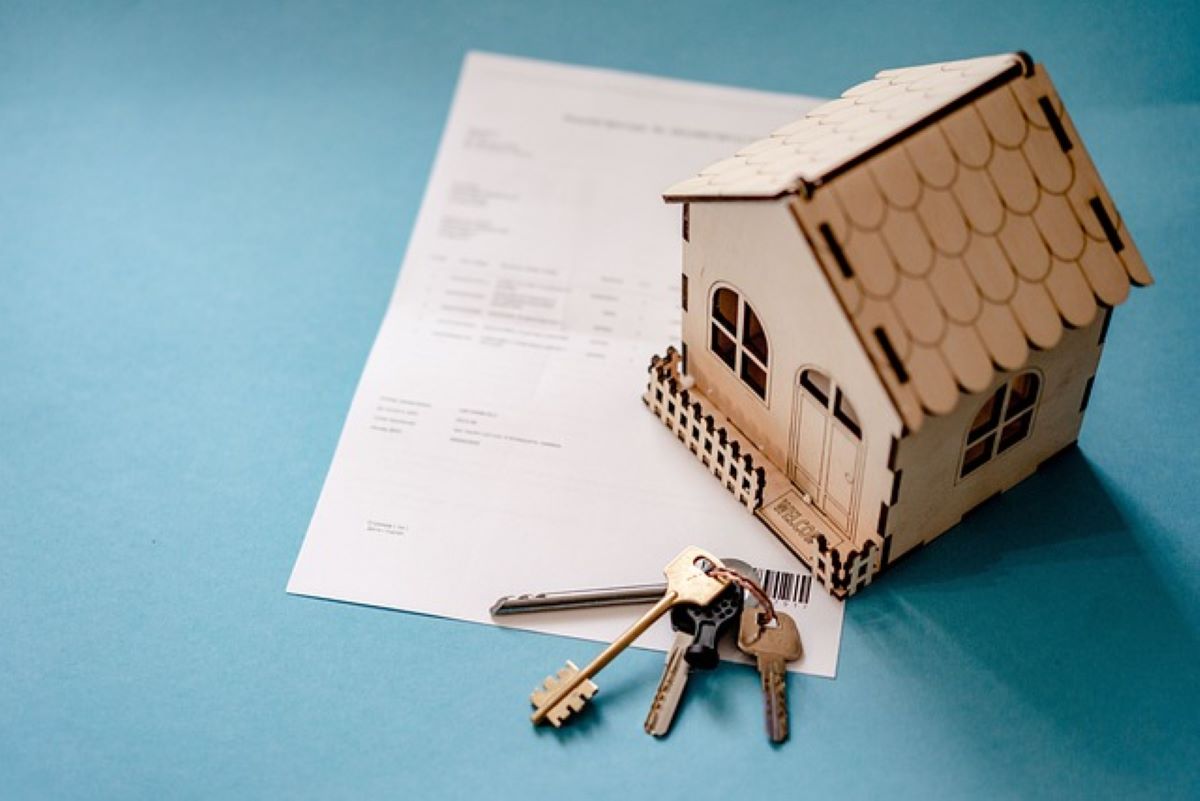Photo by Annie Spratt on Unsplash
There are many things that a real estate agent needs to work on, like marketing, listing management, and customer relationships. So, why should a real estate agent consider investing in a website, given all the things they have to juggle already? Well, that’s what we’ll be covering today.
1. Enhance online visibility
When clients are looking to hire a real estate agent, one of the first things they do is look for them online. Therefore, you must ensure that you have that digital touchpoint available for them to access. That’s where a website can come in handy.
A website can serve as your digital headquarters so that your website can pop up if someone ever looks up a real estate agent online, especially in your locality. That way, you’re not missing out on prospective clients because you don’t have an online presence.
Although social media accounts help increase online visibility, a website can make you feel more legitimate in the eyes of many prospective clients. Plus, with a website, there’s more customizability for you, so you can input whatever details you deem essential for your clients.
It’s also a great place to put your contact details in a centralized place. You can even create a centralized place for all the listings you manage, depending on how proficiently you tweak and design your website.
With the help of a website, you can establish a more formal and smoother online presence that people can view, even when they don’t have a social media account.
2. Foster client confidence
Having a website makes you appear more legitimate to potential clients. After all, anybody can create a social media account and call themselves a real estate agent. However, having a well-designed and thorough website is a business investment only some have.
With that in mind, if you want to communicate and posture yourself as a trustworthy real estate agent professional, then you can instill that confidence in prospects through the help of your website.
Of course, the more tech-savvy of your prospects aren’t going to be impressed just because you have a website. You also need to put trust signals within your website that can help website visitors see that you are a legitimate real estate agent.
For example, you can add testimonials and reviews from some of your previous clients that you’ve worked with before. Their reviews don’t have to be perfect. They have to be from actual customers.
Showing the real estate properties you manage or listings under your name can also help show that you’re legitimate. That’s because it can show people that other clients trust you with marketing and selling their properties. You can show all of this through your website alone.
3. Create a unique brand identity.
There are a lot of other real estate agents out there that do the same job you do and may even work in the same locality that you do. So, how can you make sure that you’re different from one another? Well, sometimes, it’s all just a matter of branding.
More than branding and making your presence felt in the internet, you should have a way to communicate your brand. Sytian Productions, a web design philippines company, says that creating a website can help establish and reinforce your brand identity. When you have a website where you deliver your branding and messaging consistently, it will be easier for you to stand out from the crowd.
Although when talking about brand identity, people often think about just the visuals part, that shouldn’t be the only thing you focus on for your website. The visuals and brand colors certainly help, but you should also ensure that you create quality website content relevant to your ideal customers as a real estate agent.
With consistent visuals and helpful, quality content, they can create a fantastic brand identity that your prospects will keep top of mind.
4. Attract quality leads
Another reason you would be interested in establishing a good website as a real estate agent would be because it’s a great way to attract quality leads.
Getting leads is one thing. But getting quality leads or leads likely to convert takes more work, especially on a more consistent basis. With the help of a website, though, it will be easier to do just that.
Your website can help you reach leads and qualify them through the information you communicate on your website. If you indicate your specialty or locality, it can reduce the number of prospects that reach out to you outside your reach, so you don’t have to spend much time doing that.
5. Highlight current listings and achievements.
One of the types of content that you should fill into your website would be highlights of your accomplishments and previous clients as a real estate agent.
What clients expect from real estate agents would be a list of their current real estate listings and successes in their line of work. So, it’s also a good idea to display that through your website.
As mentioned earlier, adding testimonials and client reviews is a great choice. Also, showcasing the current listings that you’re currently managing is another excellent choice for content. Adding a search bar to help your prospective clients find the type of property that they need can be helpful to them.
6. Provide valuable resources
Again, using your website to provide your clients with valuable resources most relevant to them is a good idea.
Sometimes, people get too caught up in the “showcasing their achievements” part without balancing it out by checking to see if said information is relevant to your prospective clients. For example, if you’re invited to an internal event in your real estate agency that might be relevant to you but not to your clients.
It would help if you looked at some of your clients’ frequently asked questions and used that as fuel for content on your website. For example, they might have questions about the pricing involved with hiring a real estate agent, so it’s good to provide that information up front in some way.
7. Analyze visitor behavior
What’s great about having a website is that you can use website analytics to know how you can better approach your online interactions with your clients. You can’t do that with other, non-digital forms of marketing your real estate agent work.
You can check analytics to let you know which parts of your website work and which ones can use some work. That way, you can continuously improve your website to serve your clients better.
Conclusion
For these reasons, you should realize a website’s importance or benefits as a real estate agent. Therefore, if you want to make further investments in your professional life as a real estate agent, consider investing in building and maintaining a website.







